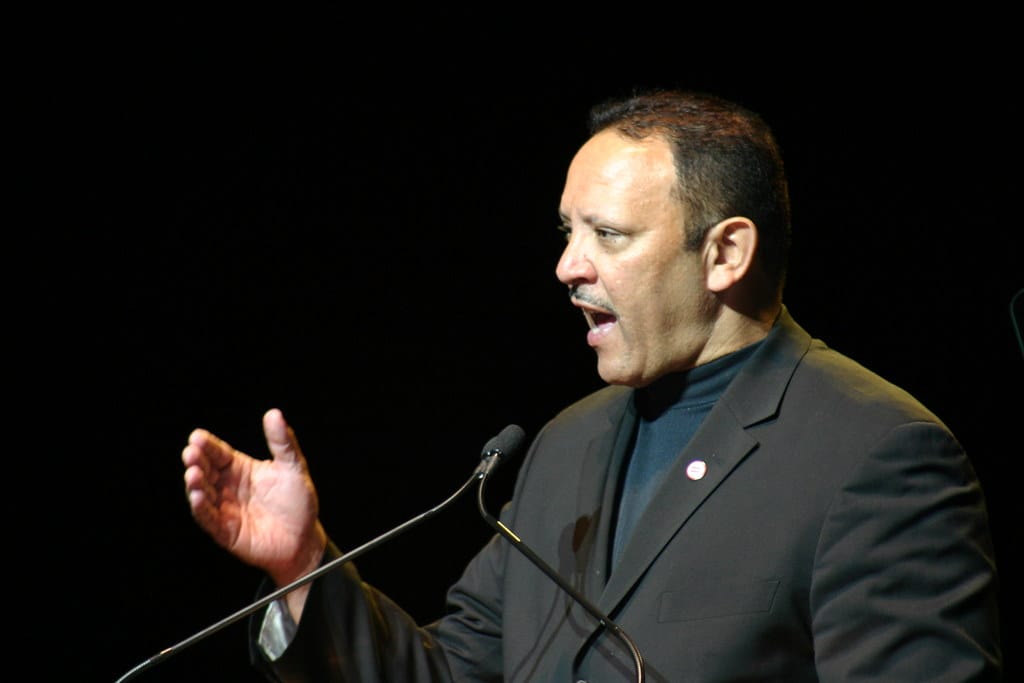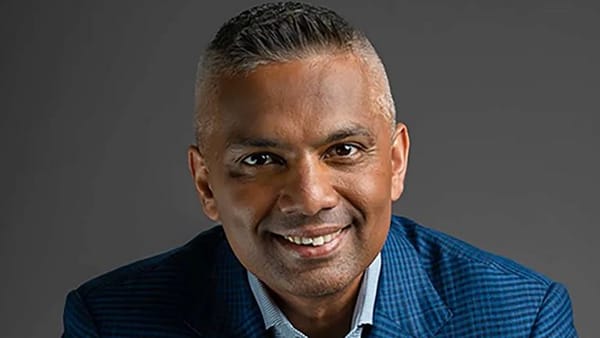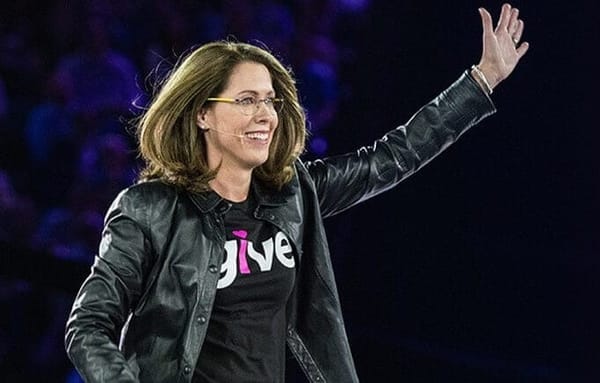Broadband Equity for All Coalition Sets Sights On Long-Term Broadband Benefit
In the wake of the Emergency Broadband Benefit program, a new group emerges.

May 20, 2021—A coalition of more than 40 civil rights and consumer advocacy groups has assembled to address the digital divide and advocate for a long-term broadband benefit program.
In a statement on their website, the newly formed Broadband Equity for All coalition announced on Thursday, its support for a long-term, federally funded broadband benefit fund. This theoretical program would be the first of its kind, as it would far exceed the fiscal parameters established by the Emergency Broadband Benefit.
This proposed benefit would be managed by the Federal Communications Commission and would provide economically-disadvantaged communities with the financial support to secure reliable and affordable broadband, the tools to access it, and the knowledge to take advantage of it. Unlike the Emergency Broadband Benefit, which surpassed 100 million applicants in a week, this proposed benefit would be long-term, stretching beyond the COVID-19 pandemic.
“The COVID-19 pandemic has demonstrated that a broadband internet connection in the home is no longer a nicety; it is a necessity and is a matter of civil and human rights and economic justice,” said Marc Morial, CEO and President of the National Urban League—one of the many organizations in the coalition.
He pointed out that the digital divide disproportionately impacts communities of color and other minority groups—a sentiment that was echoed by the League of United Latin American Citizens’ CEO Sindy Benavides.
The coalition also pointed to the ten to 15 million students that are impacted by the homework gap, and the 40 percent of seniors without a broadband subscription that is sufficient to take advantage of the many telehealth services that have become a necessity during the pandemic.
Additionally, the coalition noted that people with disabilities are 20 percent less likely to have a broadband subscription or a device necessary to use it compared to non-disabled people.








